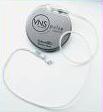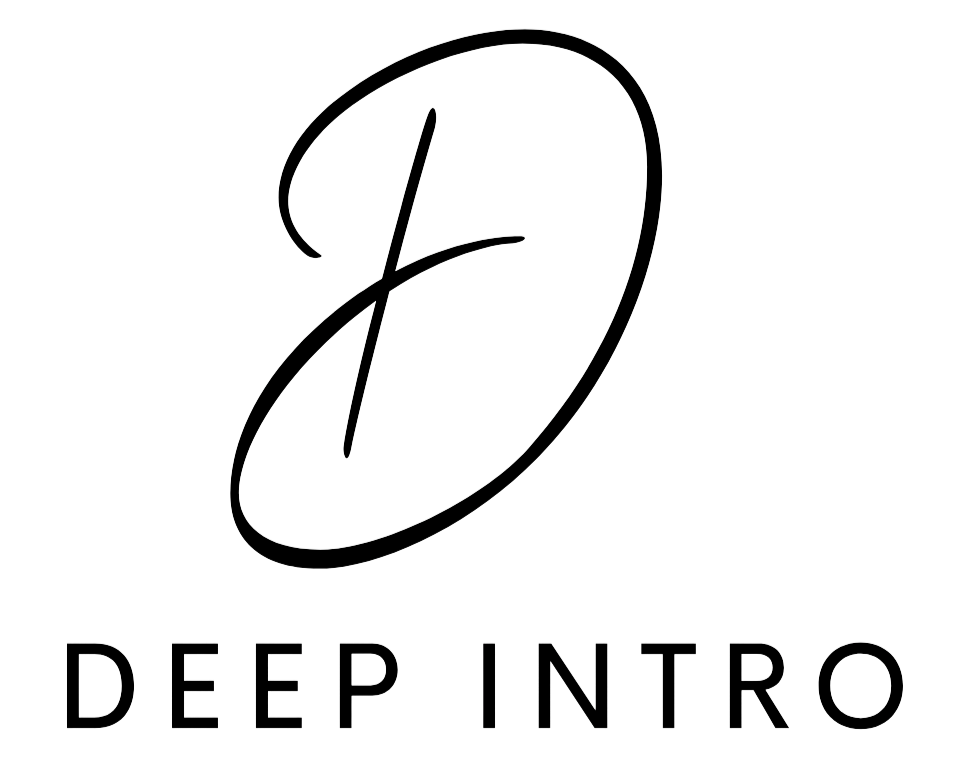 Cyberonics has its vagus nerve stimulator (VNS) while Neurontics is attempting to promote its Neurostar. The Food and Drug Administration will consider whether Neurontics’ device will be able to compete with Cyberonics’ device on Jan. 26. The VNS, according to FDA standards, is the only device that has been proven to show efficacy in depression treatment for those who do not respond to drug treatment. While the VNS is surgically implanted in the chest and stimulates nerves in the neck to alleviate depression, Neurontics claims that Neurostar is not surgically implanted and uses magnetic pulses over the course of three to six weeks to stimulate a patient’s brain.
Cyberonics has its vagus nerve stimulator (VNS) while Neurontics is attempting to promote its Neurostar. The Food and Drug Administration will consider whether Neurontics’ device will be able to compete with Cyberonics’ device on Jan. 26. The VNS, according to FDA standards, is the only device that has been proven to show efficacy in depression treatment for those who do not respond to drug treatment. While the VNS is surgically implanted in the chest and stimulates nerves in the neck to alleviate depression, Neurontics claims that Neurostar is not surgically implanted and uses magnetic pulses over the course of three to six weeks to stimulate a patient’s brain.
In the most shocking news ever, the Australian Mental Health Council has found that marijuana can induce mental illness. [sarcasm] Former Federal Police commissioner Mick Palmer has noted three significant conclusions from the MHC report: Cannabis use can:
- increase the risk of mental illness in young adults, namely with those who have a family history of psychosis
- make any current mental illness worse
- induce poor education and employment outcomes
This report once again reminds us, kids, that we must always say no to drugs. Especially if you’re mentally ill.
 An article from the UK Guardian points out that Hollywood’s depiction of mental illness is NOT what people experience on a normal basis. Tim Lott states the reality of mental illness quite well:
An article from the UK Guardian points out that Hollywood’s depiction of mental illness is NOT what people experience on a normal basis. Tim Lott states the reality of mental illness quite well:
“Genuinely accurate depictions of mental illness are still rare in all the art forms. Why? For the very good reason that real mental illness is boring. Depressives are toxic and dull. Manic depressives are irritating. People with schizophrenia or autism are largely indecipherable.”
Just in case you didn’t know, depression can be a problem during the holidays. Oh and p.s. from the article: those who abuse anti-depressants are more likely to commit suicide. You know… just in case you were wondering. Amy Alkon at the Advice Goddess Blog rightly shoots down the holiday-suicide increase myth.
NBC5 in Chicago has reported that “brain music” can help fight depression. Brain waves are recorded through an EEG (electroencephalogram) and then the recordings are turned into a music CD containing two files. According to Dr. Galina Mindlin, who introduced the therapy to the U.S. from Russia, says one file helps a patient relax and the other file helps increase “concentration, performance and productivity.” Mindlin adds that the “relax” music helps decrease anxiety levels in a patient and helps the patient fall asleep and stay asleep. The treatment, according to NBC5, has been used in Europe for the past 15 years, but is not widely available in the U.S. BUT if you’re itching to try it, you’d better have some dough in your pocket: it’s not covered by insurance and costs $550.
